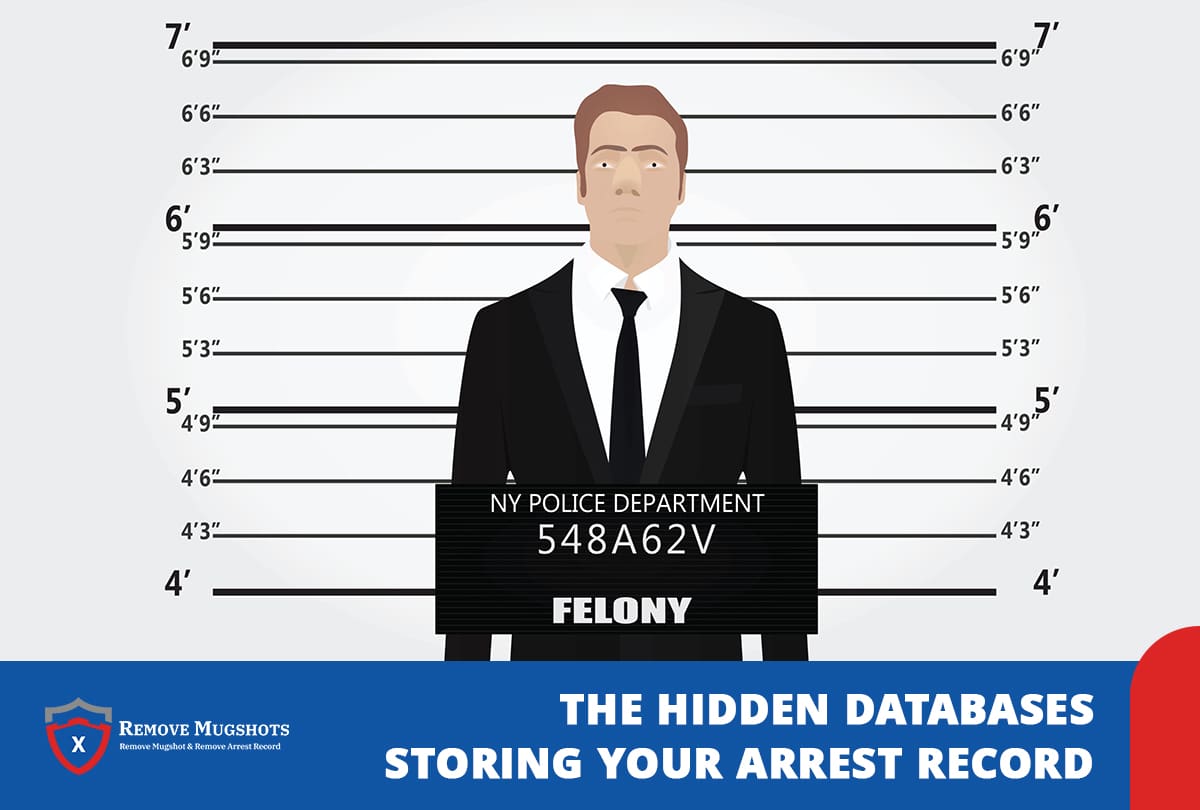The Hidden Databases Storing Your Arrest Record
February 5, 2025 Arrest Records

Arrest records document an individual’s interactions with law enforcement, including criminal charges, final disposition, and court outcomes. These records exist as part of public records, often obtained through a public records request or background check.
Employers, landlords, and government agencies frequently search for this information, making many records publicly visible on websites or commercial sites. Unless legally removed, they remain accessible in multiple databases.
How Are Arrest Records Created and Stored?
When law enforcement processes an arrest, they collect and store key data, including:
- Personal Details – Name, address, and date of birth.
- Arrest Data – Date, location, charge, and final disposition.
- Mugshots & Fingerprints – Kept in criminal justice databases for identification.
These records are then stored across different sites, including:
- Local & State Agencies – Police departments and court systems maintain arrests and case information.
- Federal Databases – Agencies like the National Crime Information Center (NCIC) manage national records.
- Public & Commercial Websites – Many sites compile public records, making them difficult to remove.
Who Can Access Arrest Records?
- Law Enforcement – Uses these records in investigations.
- Employers & Landlords – Conduct background checks for legal and security reasons.
- Government Agencies – Rely on public records for employment, licensing, and compliance.
- Individuals – Can submit a public records request via a government website to obtain their own records.
Can You Remove an Arrest Record?
Certain arrest records can be removed through expungement or record sealing, depending on legal criteria:
- Expungement – Completely erases the record from official databases and public records.
- Record Sealing – Restricts access to the information, though it remains in legal records.
To determine eligibility, check your state’s court website or contact a legal professional for a response on available options. Some states also offer certificates of rehabilitation, which acknowledge reform without full removal.
Since arrest records can impact employment, housing, and privacy, knowing how they are obtained, accessed, or removed is essential. If you’re concerned about your records, submit a public records request or explore legal avenues to secure your information.



